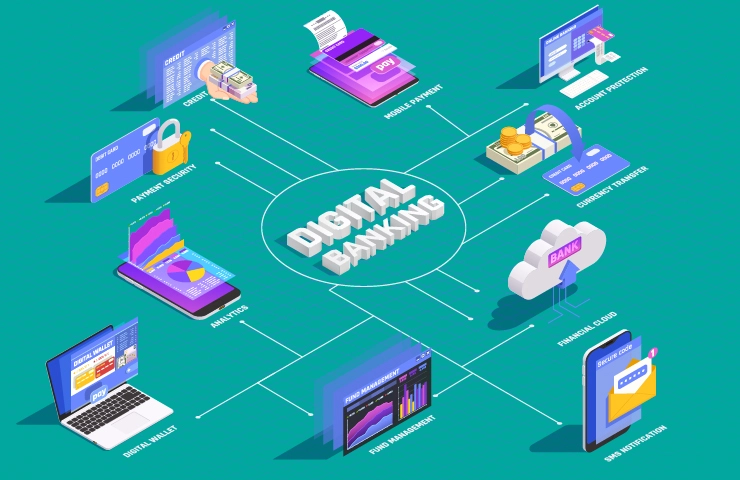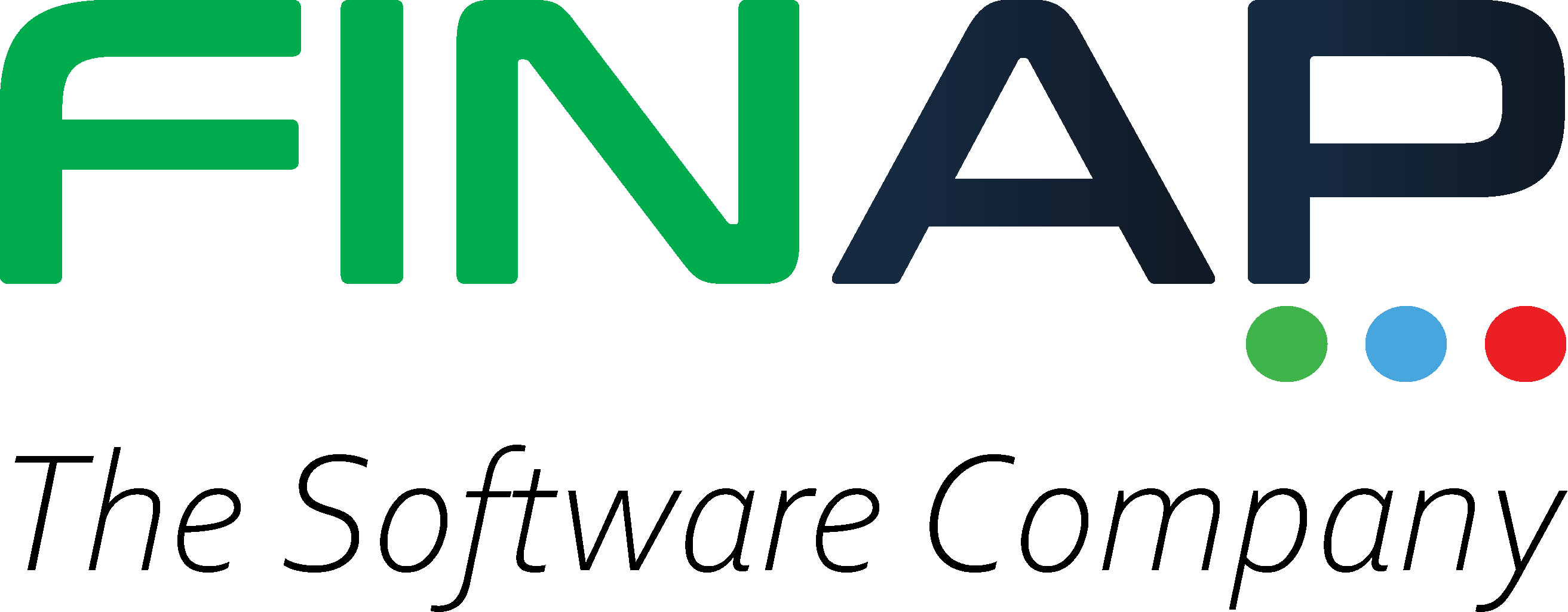1. Current State of Banking Software in Sri Lanka
Sri Lanka’s banking sector has undergone significant transformation, driven by the need for modernization and efficiency. Traditional banking systems are evolving, integrating sophisticated software solutions to meet the increasing demand for seamless, secure, and user-friendly banking experiences. Despite these improvements, many banks face challenges such as outdated legacy systems, limited digital infrastructure, and the need for stronger cybersecurity measures. The adoption of financial software has been crucial in addressing these issues, but there is still substantial room for growth and enhancement.
2. Advancements and Challenges in Digital Banking

Digital banking in Sri Lanka has grown rapidly, with many financial institutions offering a variety of online and mobile banking services. These services provide convenience for users, allowing them to perform a range of banking tasks from their computers or smartphones, without the need to visit a physical branch. This is especially beneficial for those in remote areas or with busy schedules. Digital banking also offers increased security measures such as encryption, two-factor authentication, and biometric authentication, which help reduce the risk of fraud and identity theft. Additionally, many platforms provide financial services such as investment options, insurance products, and loans, making it easier for users to manage their finances.
During the COVID-19 pandemic, the banking sector made five years’ worth of digital advancement in just a few months. Banks carried out aggressive campaigns to encourage customers to use digital services, which proved highly successful. However, this success is now facing a massive threat from telecom companies in Sri Lanka, which have begun offering digital banking services. This increasing competition makes it crucial for legacy banks to continue innovating and improving their digital services.
3. Emerging Trends in Banking Software
Several emerging trends are shaping the future of banking software in Sri Lanka:
- Mobile Banking: Enabling customers to perform transactions and access services via smartphones.
- Artificial Intelligence and Machine Learning: Enhancing customer service, fraud detection, and personalized banking experiences.
- Blockchain Technology: Increasing transparency and security in financial transactions.
- Open Banking APIs: Facilitating a collaborative financial ecosystem, allowing third-party developers to create new services and applications.
4. The Role of Financial Software in Modern Banking
Financial software is pivotal in modern banking, streamlining operations, improving customer experience, and ensuring regulatory compliance. This includes core banking systems, customer relationship management (CRM) tools, and digital payment platforms. These solutions help banks manage financial activities efficiently, reduce operational costs, and provide real-time data analytics for better decision-making. In Sri Lanka, adopting advanced financial software is essential for banks to stay competitive and meet evolving customer needs.
5. Barriers to Fully Digital Banks in Sri Lanka

Despite advancements, many Sri Lankan banks have yet to fully embrace digital technology.
Key obstacles include:
- Lack of In-House Capabilities: Many banks lack a dedicated Chief Technology Officer and have underdeveloped IT departments.
- Reliance on Legacy Systems: Substantial investments in IT systems for core activities make it difficult to switch to new systems.
- Operational Inefficiencies: Many banks still rely on manual processes for tasks like account opening and loan approvals.
- Outdated Regulations: Regulations requiring physical presence for account opening and restrictions on digital signatures hinder digital adoption.
6. Key Benefits of Advanced Banking Software
Advanced banking software offers numerous benefits that enhance bank operations:
- Enhanced Security: Robust security features protect against cyber threats and fraud.
- Improved Efficiency: Automation reduces manual effort and operational costs.
- Better Customer Service: Personalized services and faster transactions improve customer satisfaction.
- Data Analytics: Real-time insights help banks make informed decisions and tailor offerings to customer needs.
- Regulatory Compliance: Ensures adherence to regulations, reducing the risk of penalties.
7. The Future of Banking in Sri Lanka
The future of banking in Sri Lanka is promising, with a strong emphasis on digital transformation. Banks will continue investing in cutting-edge banking software to offer more seamless and integrated financial services. The adoption of cloud computing will enhance scalability and flexibility, allowing banks to quickly adapt to market demands. Additionally, increased collaboration between traditional banks and fintech startups will lead to innovative solutions benefiting consumers and businesses. The focus will be on creating a more inclusive financial system catering to the needs of all Sri Lankans, including those in non-banking sectors.

ECOru, developed by FINAP, is a leading banking software solution designed to address the unique challenges faced by banks in Sri Lanka. This comprehensive platform offers features such as core banking, digital payments, and customer management. ECOru stands out for its user-friendly interface, robust security measures, and scalability. It supports integration with various financial applications, ensuring a seamless banking experience. As Sri Lanka’s banking industry evolves, solutions like ECOru will play a critical role in driving innovation and enhancing operational efficiency.
In conclusion, the future of banking software in Sri Lanka is marked by rapid technological advancements and a growing emphasis on digital transformation. By embracing these changes, banks can offer more secure, efficient, and customer-centric services. As financial software continues to evolve, it will undoubtedly shape the landscape of banking in Sri Lanka, providing new opportunities for growth and development.


